Is Your ERP System Ready for AI? Here’s How to Tell
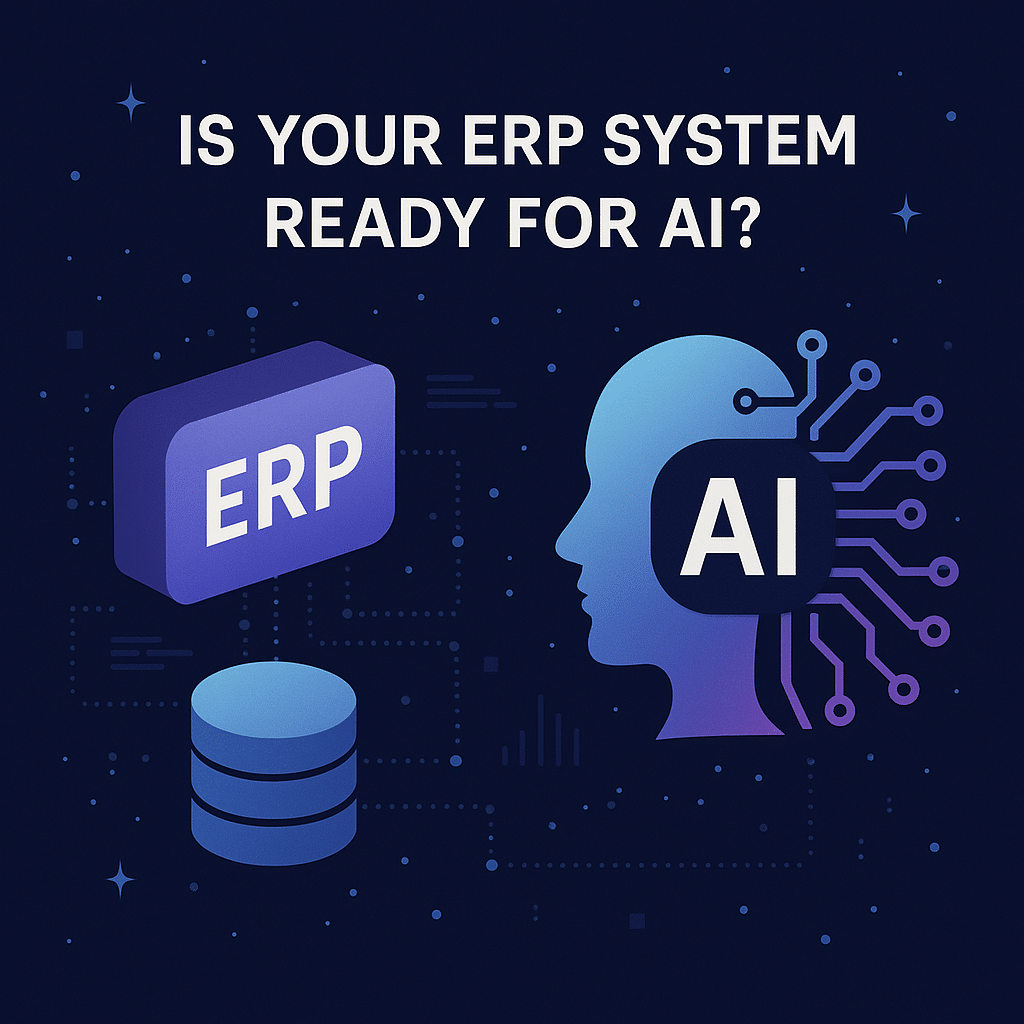
ERP System Readiness for AI Starts with Data When organizations ask if their ERP system is “ready for AI,” they’re usually asking the wrong question. AI is system agnostic. It doesn’t matter whether you’re running a modern cloud-based ERP or a 20-year-old on-prem solution. What matters most? Your data. Before exploring AI capabilities, your first […]
Defining Your Digital Strategy: Top Technology Trends You Can’t Afford to Ignore

Why Digital Strategy Starts with the Right Technology Trends As digital transformation accelerates, leaders are asking the right question: Which technology trends should guide our digital strategy? The answer isn’t just about adopting the flashiest tools—it’s about building a strong, flexible foundation that enables sustainable change. Whether you’re migrating to the cloud or evaluating AI-driven […]
How ERP Software Almost Killed Gummy Bears: Lessons from Haribo’s SAP Failure
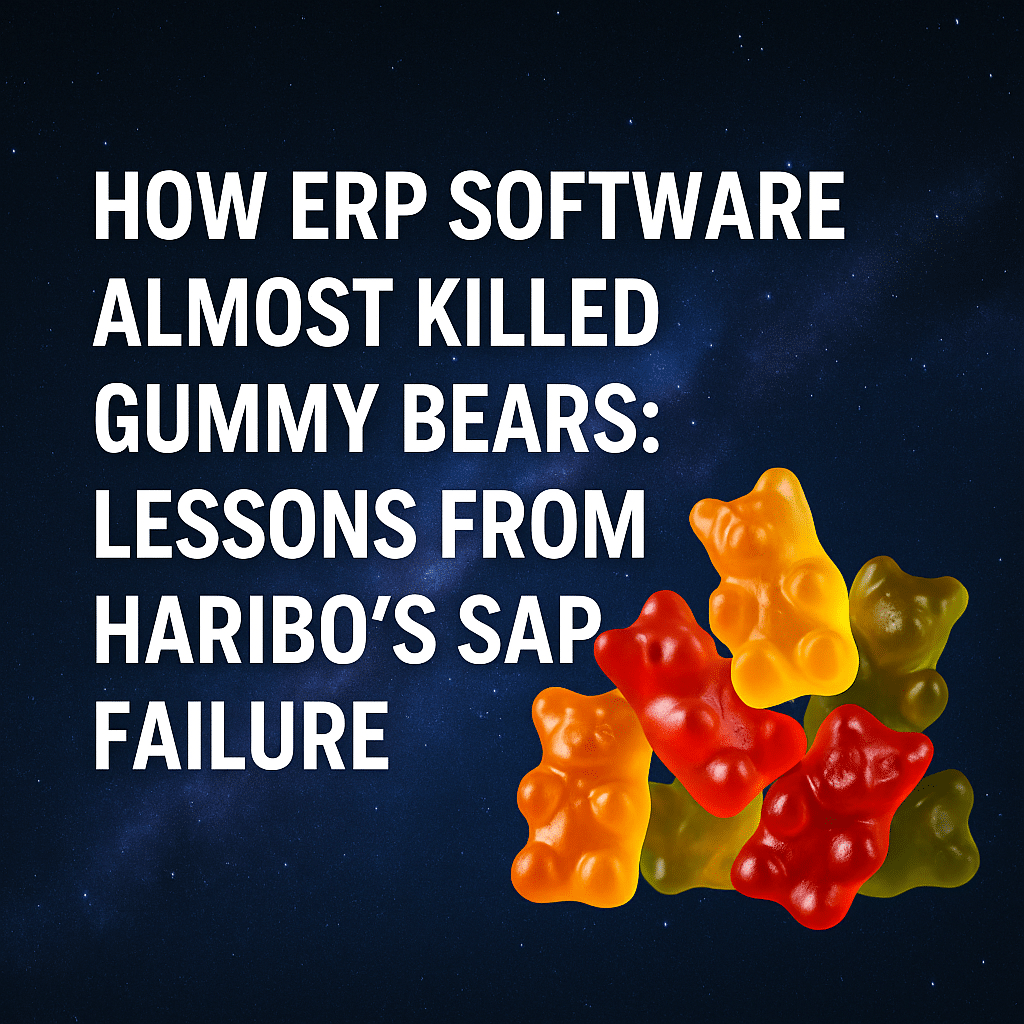
By Eric Kimberling, CEO of Third Stage Consulting Yes, you read that right—ERP software nearly ruined gummy bears. Several years ago, Haribo, the beloved German candy company behind those colorful, chewy bears, ran into a digital disaster during their SAP ERP implementation. The failure wasn’t just an inconvenience—it led to major supply chain issues during […]
Why Your Employees Aren’t Ready for Digital Transformation (Even If You Think They Are)
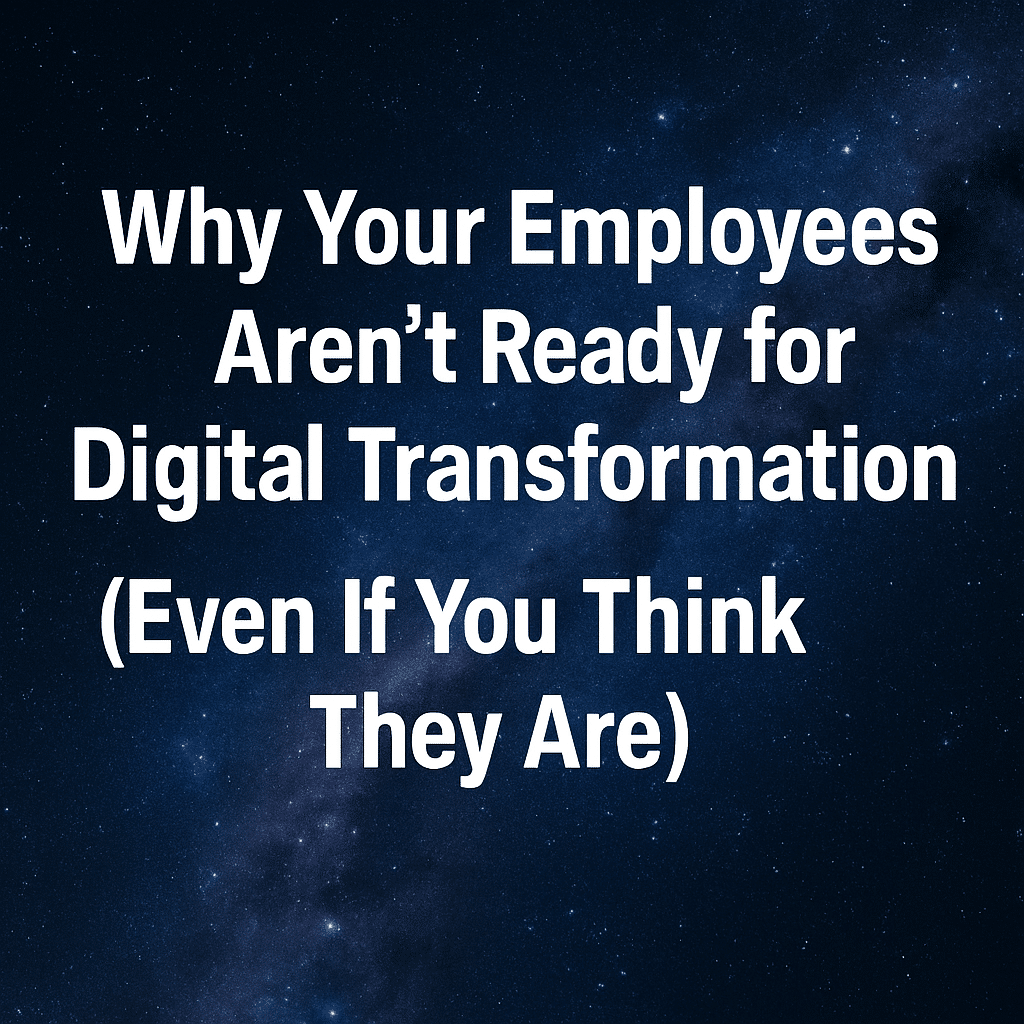
Digital transformation promises growth, efficiency, and competitive advantage — but for most organizations, the biggest challenge isn’t technology. It’s people. If you think your team is fully ready for a transformation initiative, you’re probably wrong. In this article, we’ll explore four silent warning signs that your employees may be resisting change — not out of […]
5 Powerful Reasons Small Businesses Upgrade from QuickBooks to ERP Systems

Small businesses are the engine of innovation, but many eventually hit a point where their foundational tools—like QuickBooks, spreadsheets, or homegrown systems—no longer support their growth. If you’re at that inflection point, you’re not alone. At Third Stage Consulting, we frequently help small businesses navigate the decision to implement ERP software. But what sparks this […]
5 Critical Reasons Executive Sponsorship Is Essential for Small Business ERP Success

ERP implementations are never easy—but for small businesses, they can be uniquely challenging. With fewer resources, tighter margins, and more hands-on leadership, small organizations must rely heavily on strong executive sponsorship to ensure digital transformation success. Whether you’re replacing outdated systems or rolling out new technology, the role of leadership—and more specifically, the executive sponsor—is […]
Top 10 AI-Enabled ERP and Enterprise Technology Platforms in 2025
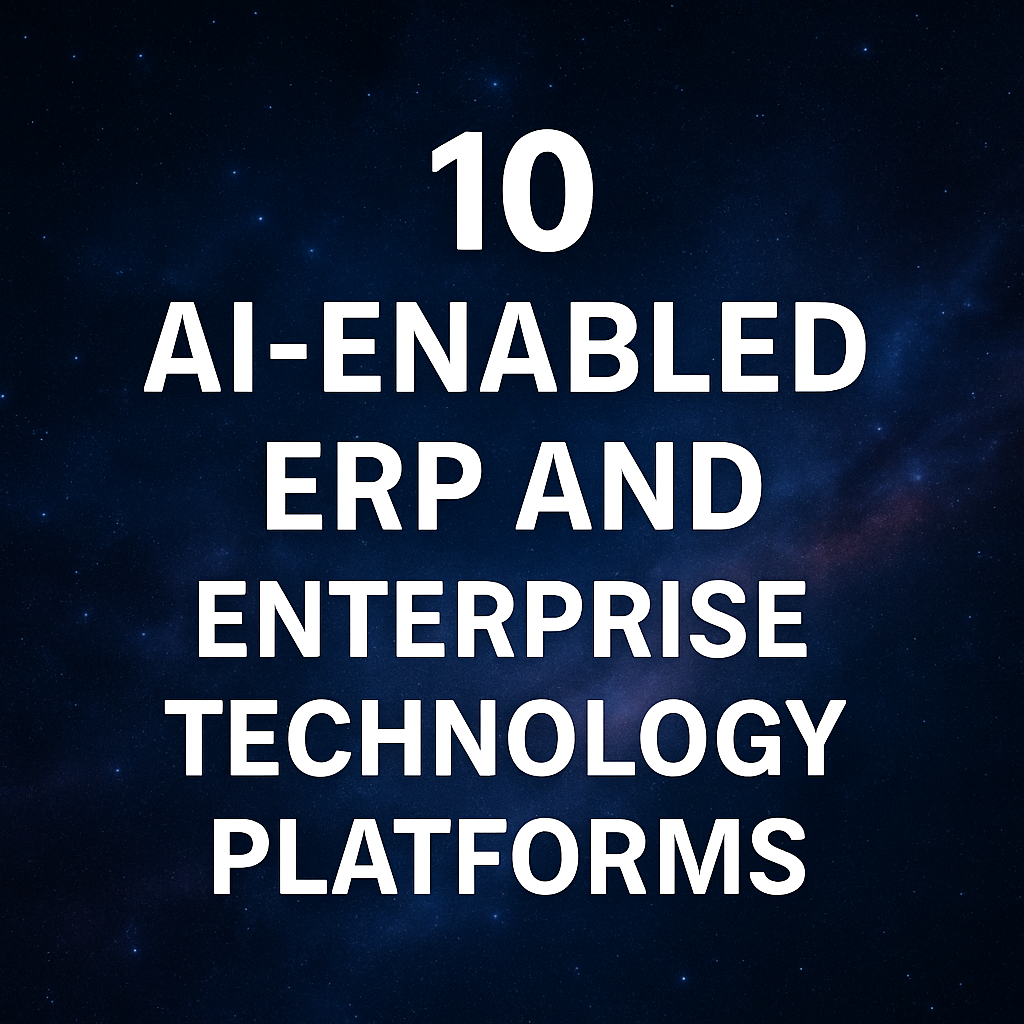
Artificial Intelligence (AI) is quickly becoming the cornerstone of modern enterprise software. ERP vendors and enterprise tech providers are racing to embed AI into their platforms—not just for automation, but to drive intelligent decision-making, predictive insights, and adaptive business processes. But the AI maturity curve varies wildly. Some vendors are ahead of the curve, using […]
How the U.S.–China Trade War Is Reshaping Global Supply Chains in 2025

Tariffs Are Back—And They’re Redefining the Global Economy The U.S.–China trade war is intensifying again in 2025, bringing with it sweeping implications for global supply chains. As tariffs return and economic nationalism ramps up, American companies are facing tough decisions about where and how to manufacture their goods. Industries that have long relied on low-cost […]
Why Current State Mapping Is Critical for Digital Transformation Success

The Starting Point for Any Digital Transformation Current state mapping is the essential first step in any digital transformation. Before you can optimize or automate a process, you need to understand how it works today. Whether you’re planning a large-scale ERP implementation, migrating to new systems, or reimagining your operations, this foundational exercise ensures you […]
How Small Businesses Can Replace QuickBooks and Use Technology to Scale
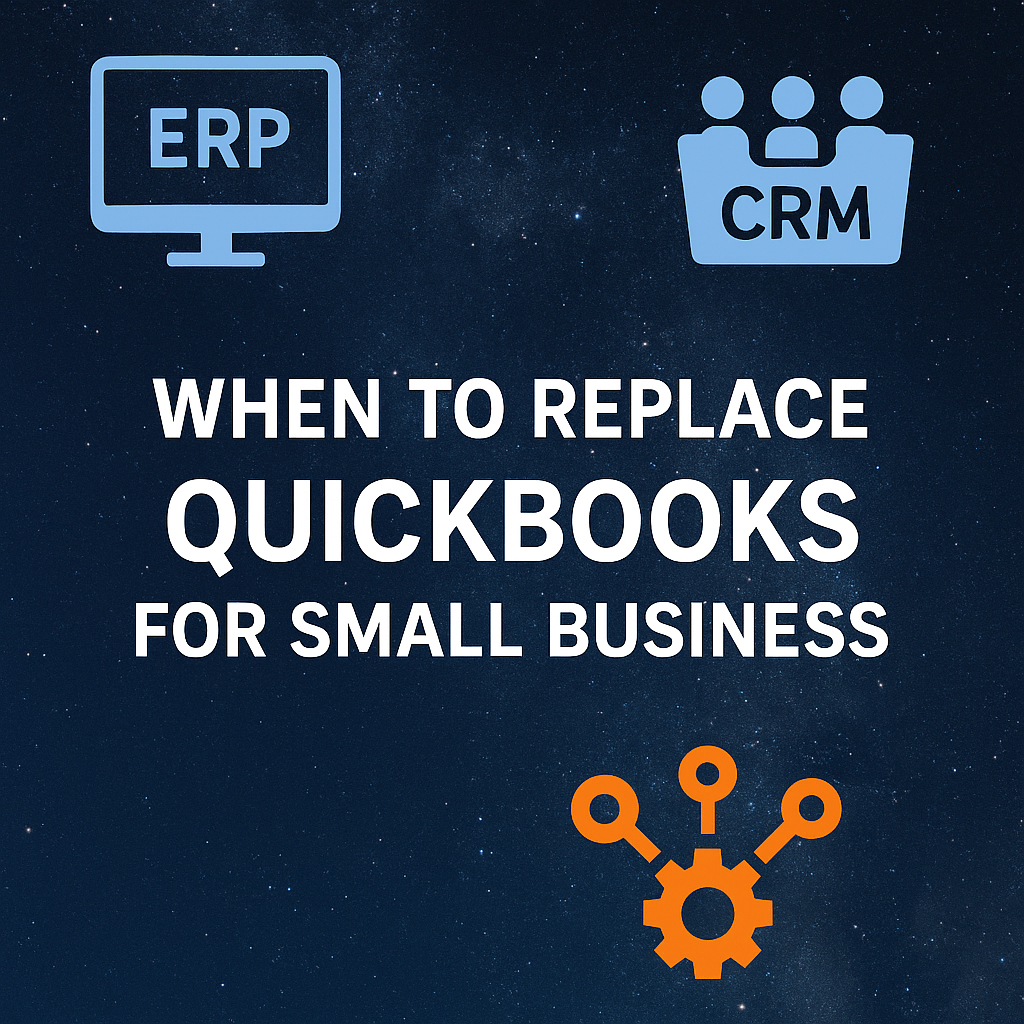
Small businesses often hit a wall with outdated technology—especially when systems like QuickBooks can’t keep up with operational complexity or growth ambitions. The good news? Scaling with smarter technology doesn’t have to be overwhelming. This guide walks you through the essential technologies that can help you automate, optimize, and expand your business, along with how […]
D365 Integration Challenges and Why Industry Experience Matters

Implementing Microsoft Dynamics 365 (D365) can unlock major benefits for businesses—but it often comes with significant integration challenges, especially when connecting non-Microsoft tools or outdated legacy systems. These issues can slow down deployments, introduce errors, or create long-term technical debt. In this blog, we’ll break down the most common D365 integration challenges companies face and […]
Why ERP Software Alone Won’t Save Your Digital Transformation Strategy
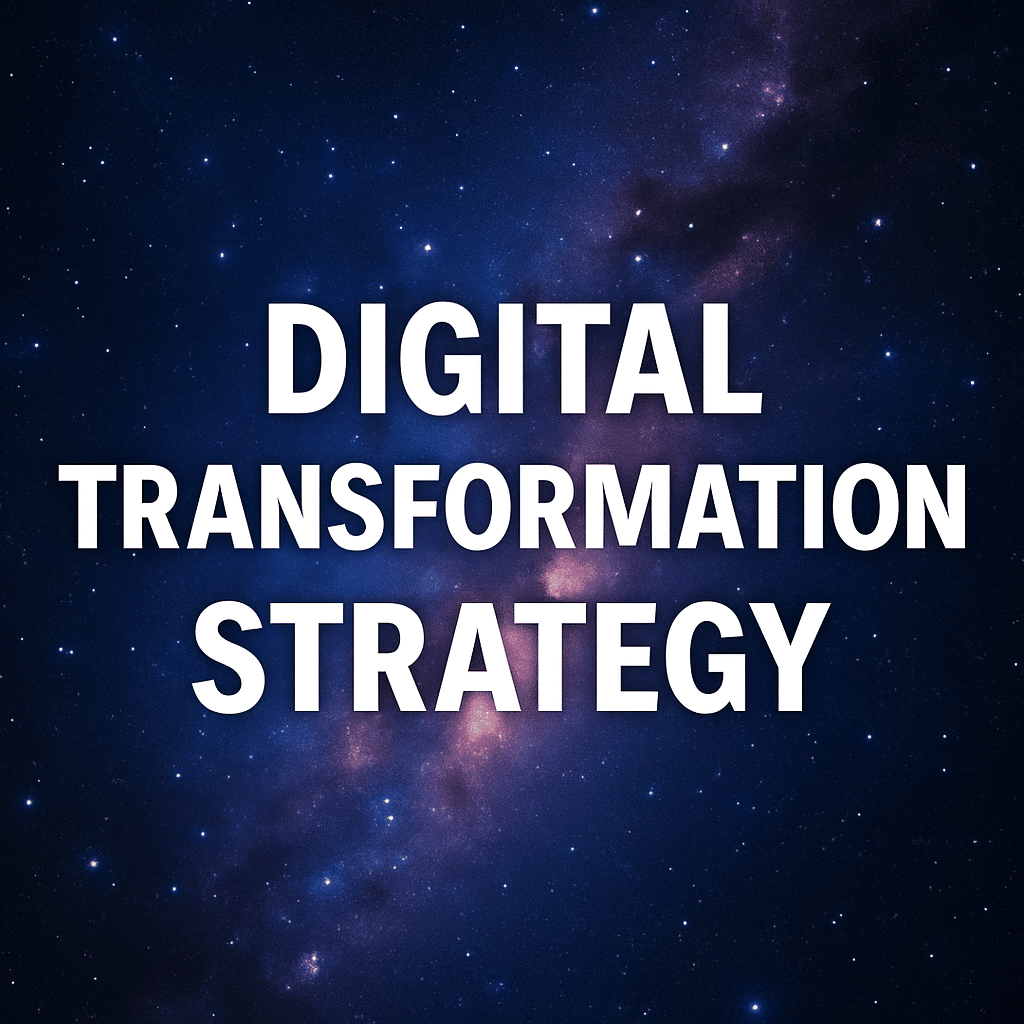
Why ERP Software Alone Won’t Save Your Digital Transformation Strategy Digital transformation is more than implementing ERP software. Companies often believe that investing in platforms like SAP S/4HANA, Oracle Fusion, or Microsoft Dynamics will automatically modernize operations and solve strategic challenges. But here’s the truth: ERP software alone won’t save you. To succeed in today’s […]
